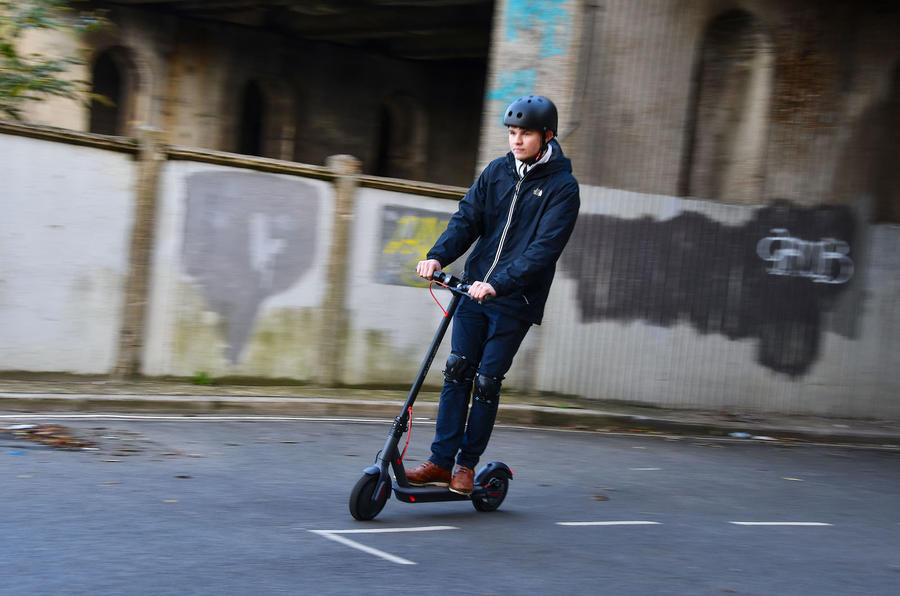You can understand the calls to ban these strange new machines. Our roads aren’t designed for them, they seem incompatible with existing vehicles, and there are serious safety questions and alarming reports of dangerous behaviour from their users.
No, not e-scooters: I’m referring to the outrage and concern caused by the arrival of the motor car on the UK’s roads in the 1890s that led to sustained calls for them to be banned, as reported in the pages of The Autocar.
So perhaps the parallels between the early days of the automobile and the current early days of personal electric transport (PET) machines might make you reconsider if you believe that e-scooters should be banned in the UK. I get it: before moving from Autocar to edit Move Electric, I was an e-scooter sceptic, too.
But writing about e-scooters (and every other form of electric transport) for Move Electric has made me realise that the arguments for their legalisation – in a controlled fashion – are compelling.
Move Electric's e-scooter manifesto: how and why they should be legalised
For starters, much like the motor car in the 1890s, they’re already here and they’re not going away. There are thought to be more than 750,000 private e-scooters in the UK, despite the current laws banning such machines from being used on public roads.
They’re popular, especially with younger users. In the right circumstances – popping to the local shops, going to visit a friend, commuting from the train station to the office – they’re an effective form of transport that could replace a small number of short car trips, reducing congestion and pollution. And, frankly, at a time when even old used cars are getting increasingly expensive to buy and run, they represent an affordable form of transport for young people.
Are e-scooters legal in the UK? Your complete guide
But without regulations, private e-scooters sold (legally) in this country don’t have to meet any defined standards. By legalising e-scooters, the government can introduce those standards. The rental e-scooters run in government-approved trials by companies such as Lime and Superpedestrian show what to expect: a 15.5mph speed limit, and safety features such as lights, suspension and large brakes. Expect acoustic warning systems, too. Data shows that rental e-scooters are dramatically less likely to be involved in accidents than private machines.









Join the debate
Add your comment
I saw in the newspaper on Friday that a 35 year old man had died when he crashed his electric scooter into a lampost. Needless to say he wasn't wearing a helmet, or apparently looking where he was going,.
What will the accident stats be when they get teenagers legally riding them while looking at their phones and how long before they get them doing 30mph?
If it is just going to be the same old 'motorist to blame' for collisions with these vulnerable road users, that have no tax, no insurance, no protective clothing and no formal training. and give scant regard to the highway code (like many serious cyclists), then I am dead against it.
If however, the regulations cover all these things and they are restricted to 20mph and 30mph areas only, then I could live with it. Anywhere with higher speed limits would be like allowing cyclists on motorways, the speed differential is too great.
What the NHS think about it, I don't know, as they are the ones that are going to be picking up pieces of teenager and OAP from every pavement, street and junction.
Could lead to more health problems.